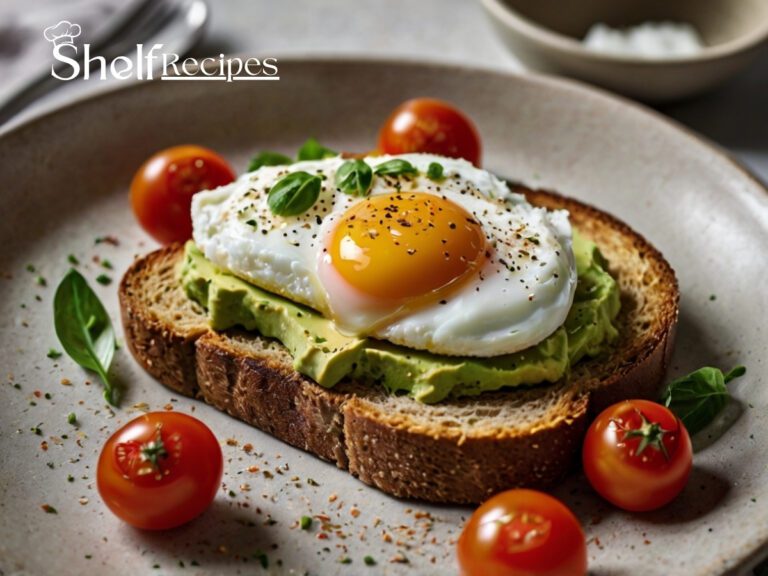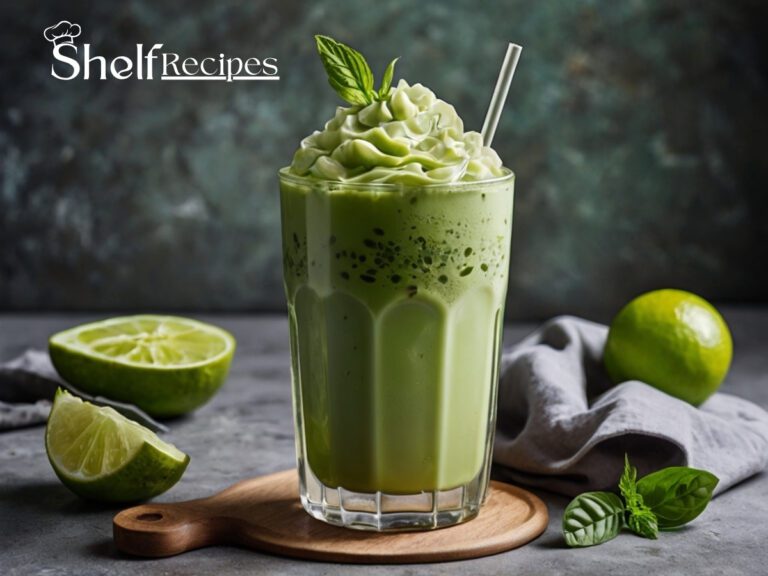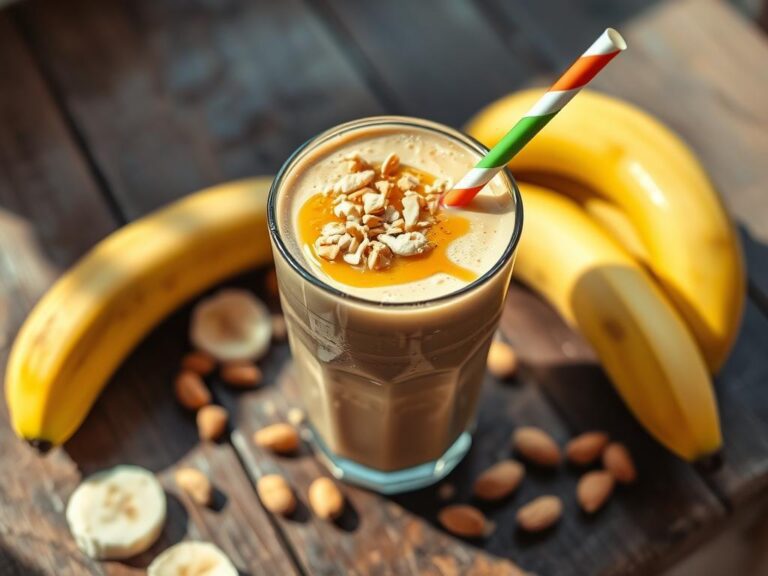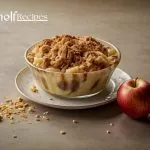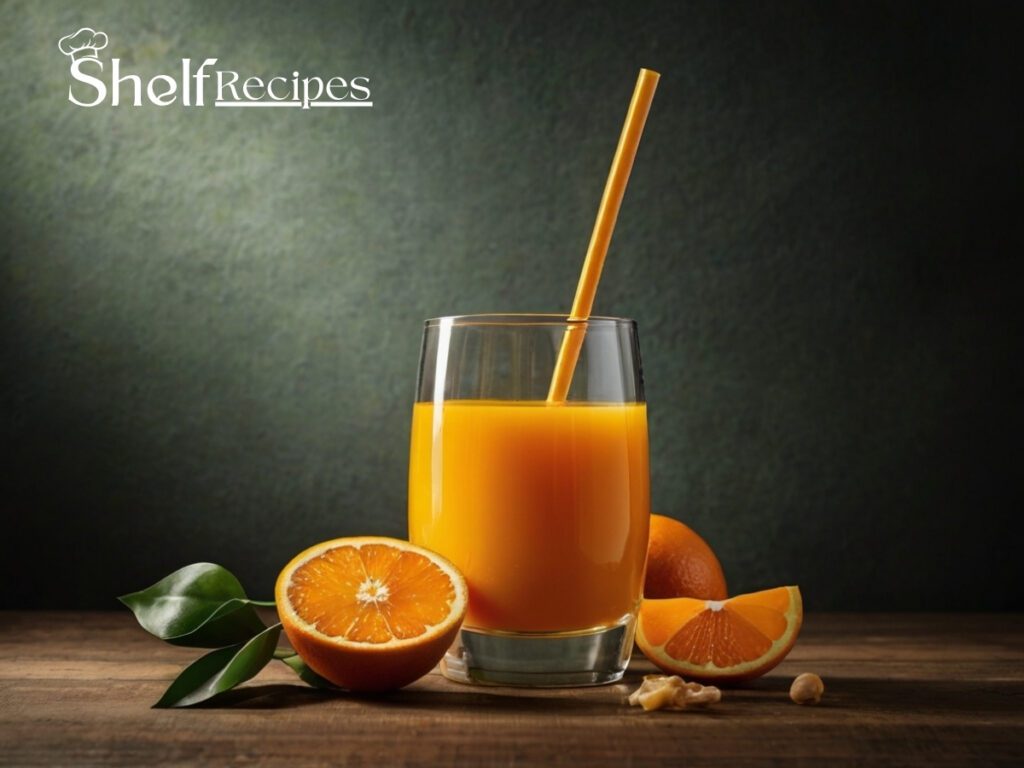
If you’re looking for the easiest way to boost your health while enjoying a delicious drink, you can’t go wrong with orange juice. Freshly squeezed and flavorful, orange juice is a timeless classic that delivers a refreshing burst of nutrients in every sip. Whether you enjoy it in the morning or as a midday pick-me-up, making your own orange juice at home is not only satisfying but also better for your health than store-bought versions.
In this post, we’ll walk you through how to make orange juice at home, its health benefits, expert tips, nutrition highlights, and a bit of history behind this globally beloved drink.
🍹 Why Fresh Orange Juice Is Better
Nothing beats the taste of fresh orange juice—it’s naturally sweet, tangy, and packed with vitamin C, unlike many store-bought options that contain added sugar or preservatives.
Health Benefits at a Glance:
- Boosts the immune system
- Hydrates the body
- Provides essential antioxidants
- Supports healthy skin
- Natural source of potassium and folate
For more info, check this article from Healthline.

Orange Juice recipe
Equipment
- Manual citrus juicer or electric juicer
- Fine mesh strainer
- Pitcher or large glass
- Knife and cutting board
- Blender optional ( (if you're juicing without a press)
- Cheesecloth optional (for ultra-smooth texture)
Ingredients
- 4 –6 medium-sized fresh oranges Navel, Valencia, or Cara Cara are best
- Ice cubes optional
- Mint leaves for garnish optional
Instructions
Step 1: Wash the Oranges
- Rinse the oranges under cool water to remove any dirt or pesticide residue.
Step 2: Cut & Squeeze
- Slice the oranges in half and juice them using one of the following:
- 1- Manual citrus press (best for small batches)
- 2- Electric juicer (faster and more efficient)
- 3- Blender (then strain for a pulp-free juice)
Step 3: Strain (Optional)
- If you prefer smooth orange juice, pour it through a fine mesh strainer or cheesecloth to remove pulp.
Step 4: Serve & Enjoy
- Pour into a glass over ice and garnish with a slice of orange or a sprig of mint.
🧾 Nutrition Highlights (Per Serving – Approximate)
This is what you’re sipping in a 1-glass (8 oz) serving of freshly squeezed orange juice:
- Calories: ~110
- Total Fat: ~0g
- Carbohydrates: ~25g
- Sugar: ~21g (natural fruit sugars)
- Protein: ~2g
- Vitamin C: Over 100% of Daily Value
- Potassium: ~450mg
- Folate: ~15% of Daily Value
Why It’s Healthy: Fresh orange juice is naturally low in calories and fat, with no added sugar. It’s packed with antioxidants and immune-boosting nutrients. Compared to store-bought juice, which may contain added sugars or flavor enhancers, homemade juice keeps things clean and natural.
🔁 Variations to Try
Want to shake things up a bit? Here are some delicious variations:
- Carrot-Orange Juice: Add a carrot or two in a blender for a veggie boost.
- Spicy Citrus Mix: Add a pinch of cayenne and a squeeze of lemon for a detox drink.
- Ginger-Orange Juice: Add fresh ginger for extra zing and digestion benefits.
- Sparkling Orange Juice: Top with sparkling water for a refreshing mocktail.
🔗 Related Recipes from Our Site
Expert Tips
Getting that perfect glass of orange juice doesn’t take a degree in culinary science, but these tips will level up your juicing game:
- Use Room-Temperature Oranges: They’re juicier than cold ones.
- Roll Before You Slice: Rolling the orange on the countertop loosens up the pulp and helps extract more juice.
- Strain Smartly: If you like pulp-free juice, use a fine mesh strainer or cheesecloth—but don’t toss the pulp! It’s rich in fiber and can be added to muffins or smoothies.
- Juice Right Before Serving: Oxidation reduces nutrients, so drink it fresh for the best flavor and benefits.
- Sweetness Varies by Variety: Cara Cara and Valencia oranges are sweeter, while Seville oranges are more tart—ideal if you want less sugar.
🧊 How to Store
Refrigerator:
- Store in a glass container with a tight lid (like a mason jar) to keep it fresh.
- Shelf life: 2–3 days max
- Tip: Shake before serving, as pulp and juice may separate.
Freezer:
- Pour into silicone molds or ice cube trays and freeze for smoothies or cold drinks.
- Shelf life: Up to 3 months
- Note: Thawed juice may lose some texture but will retain most nutrients.
🧡 Orange Varieties & Their Juicing Qualities
Not all oranges are created equal. Here’s a quick breakdown of popular varieties used for juicing:
| Orange Type | Taste Profile | Best For |
|---|---|---|
| Navel | Sweet & Seedless | Fresh drinking |
| Valencia | Juicy & Sweet | High-volume juicing |
| Blood Orange | Tart & Slightly Berry | Fancy cocktails, strong flavor |
| Cara Cara | Sweet, Low Acid | Kids, mild and less tangy |
| Seville | Sour | Marmalades or tart blends |
🤔 Frequently Asked Questions (FAQs)
Is fresh orange juice healthier than store-bought?
Absolutely. This juice contains no added sugars, preservatives, or concentrates. It’s richer in vitamins and antioxidants.
Can I make this juice without a juicer?
Yes! Simply blend peeled orange segments and strain using a fine mesh sieve or cheesecloth.
Does it lose its nutrients over time?
Yes, especially vitamin C. That’s why it’s best to drink it within 24–48 hours of juicing.
Can I mix it with other juices?
Definitely! Try mixing with pineapple, carrot, or mango for exotic flavors.
🍽 Ways to Use Juice Beyond Drinking
Homemade orange juice isn’t just for sipping! You can also use it as a flavorful ingredient:
- In marinades: Adds brightness and acidity to chicken or fish.
- In dressings: Combine with olive oil, honey, and mustard for a zesty salad dressing.
- In desserts: Think orange sorbet, citrus glaze, or sponge cake soak.
- In smoothies: Pairs perfectly with banana, mango, and berries.
- In baking: Swap some water or milk for orange juice in muffins and cakes.
🧑⚕️ Who Should Be Careful with Orange Juice?
Although orange juice is packed with benefits, it may not be suitable for everyone in large amounts:
- Diabetics: Due to its natural sugar content, portion control is important.
- Acid Reflux Sufferers: Citrus can trigger symptoms in some individuals.
- Low-Fiber Dieters: Orange juice has less fiber than whole oranges.
👉 Tip: If you’re watching sugar, try diluting your juice with water or sparkling water.
🔄 Alternatives & Mocktail Ideas
For those who want a twist on traditional orange juice:
- Citrus Mint Cooler: Orange juice + lime juice + crushed mint + soda water
- Tropical Glow: Orange juice + mango puree + grated ginger
- Sunrise Sparkler: Orange juice + pomegranate juice + carbonated water
These not only look beautiful but also work great for non-alcoholic brunches or festive occasions.
🧑🍳 Try This: Orange Juice Ice Cubes
Freeze extra orange juice into ice cubes and use them to:
- Cool down smoothies without dilution
- Add a citrusy kick to plain water
- Chilled tea with an orange twist
✅ Final Summary
Homemade orange juice is:
- Healthier and free of additives
- More flavorful and customizable
- Easy to prepare with minimal tools
- A great way to reduce food waste (use those extra oranges!)
So next time you pass by a bag of fresh oranges at the store or market, grab them and treat yourself to a batch of sunshine in a glass.
✨ Over to You!
Have you tried making orange juice at home?
Do you like it smooth or pulpy?
What’s your favorite orange variety?
👉 Let us know in the comments! And don’t forget to check out our other healthy drink recipes to brighten your mornings.
